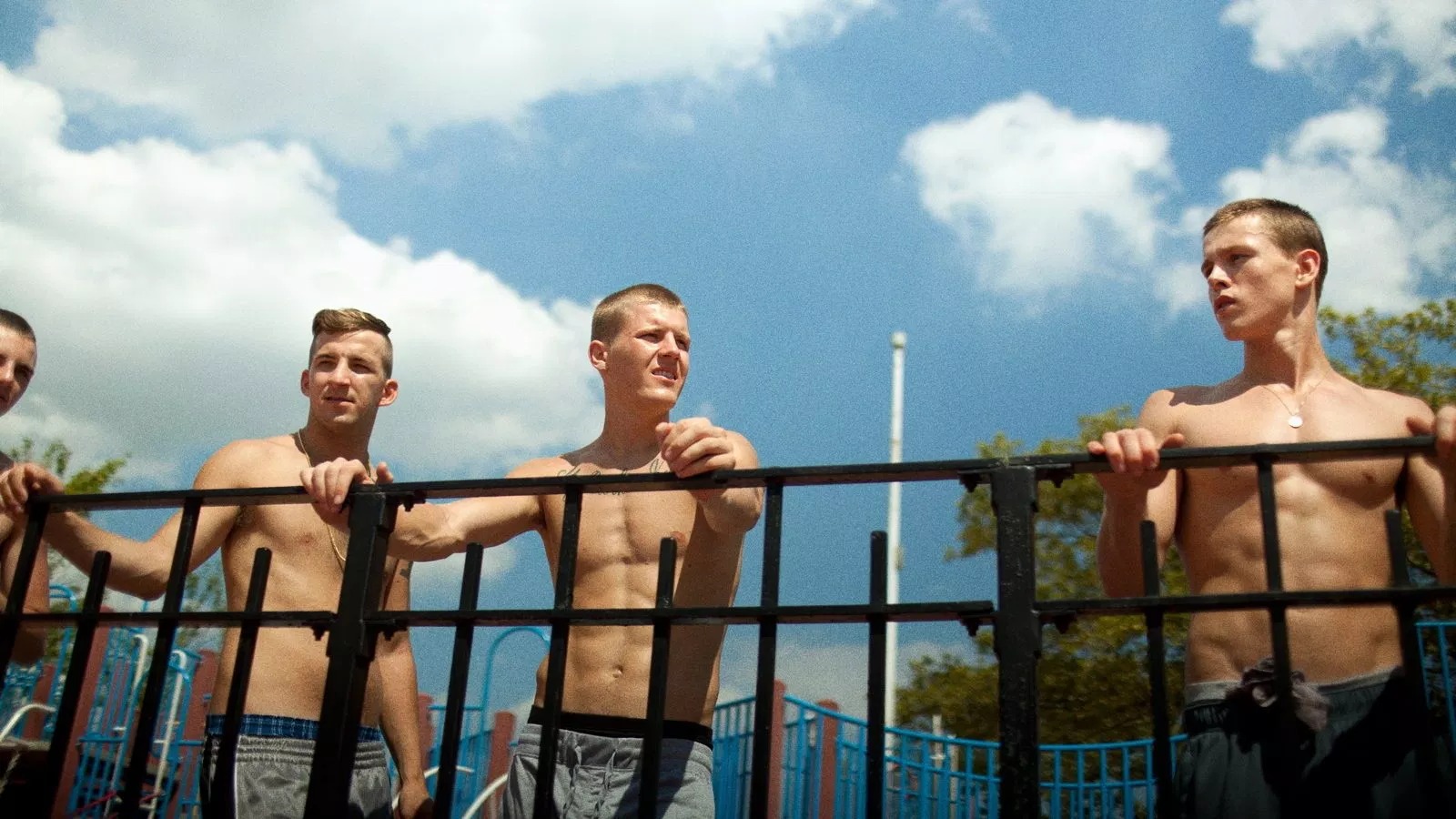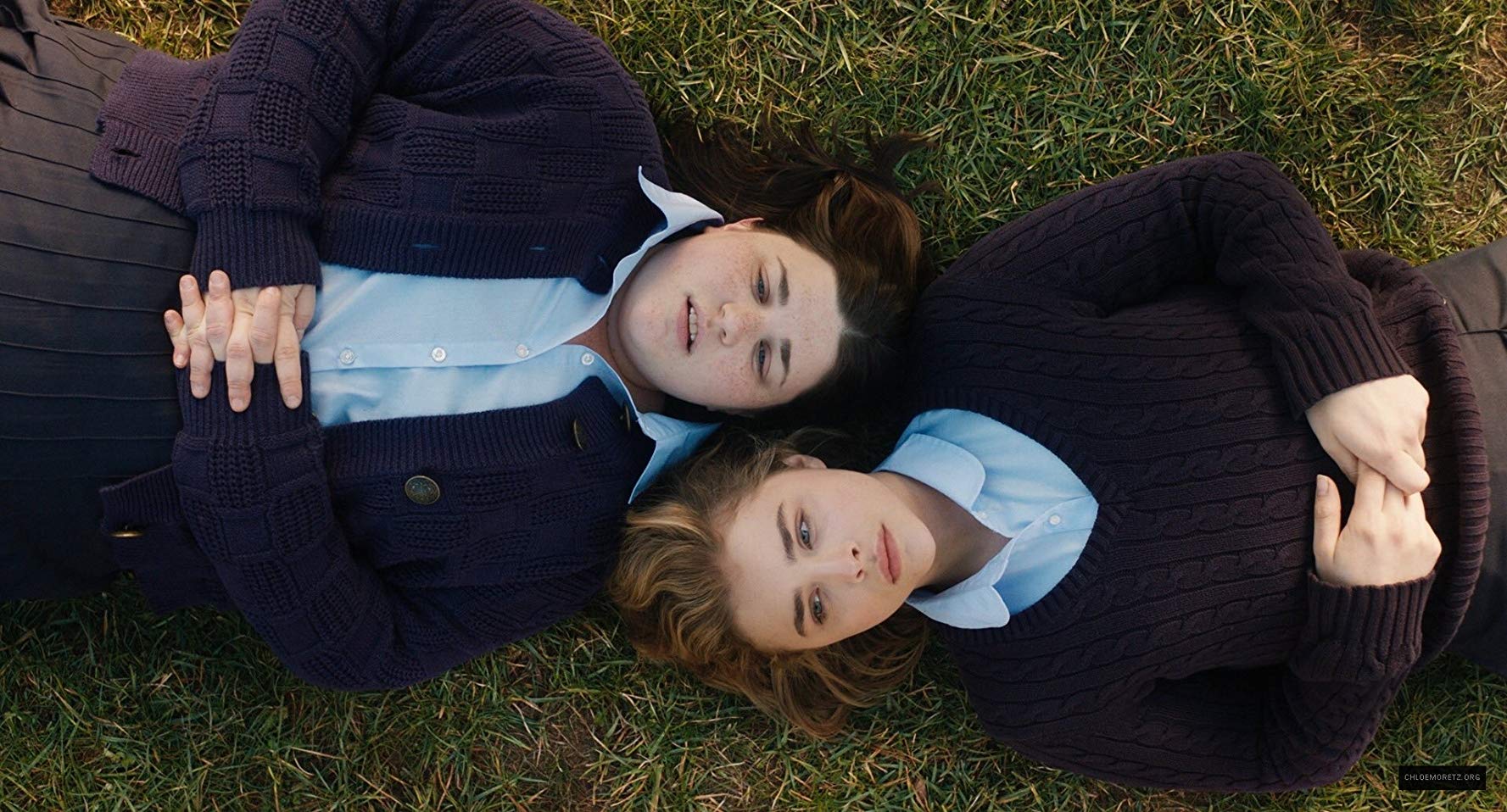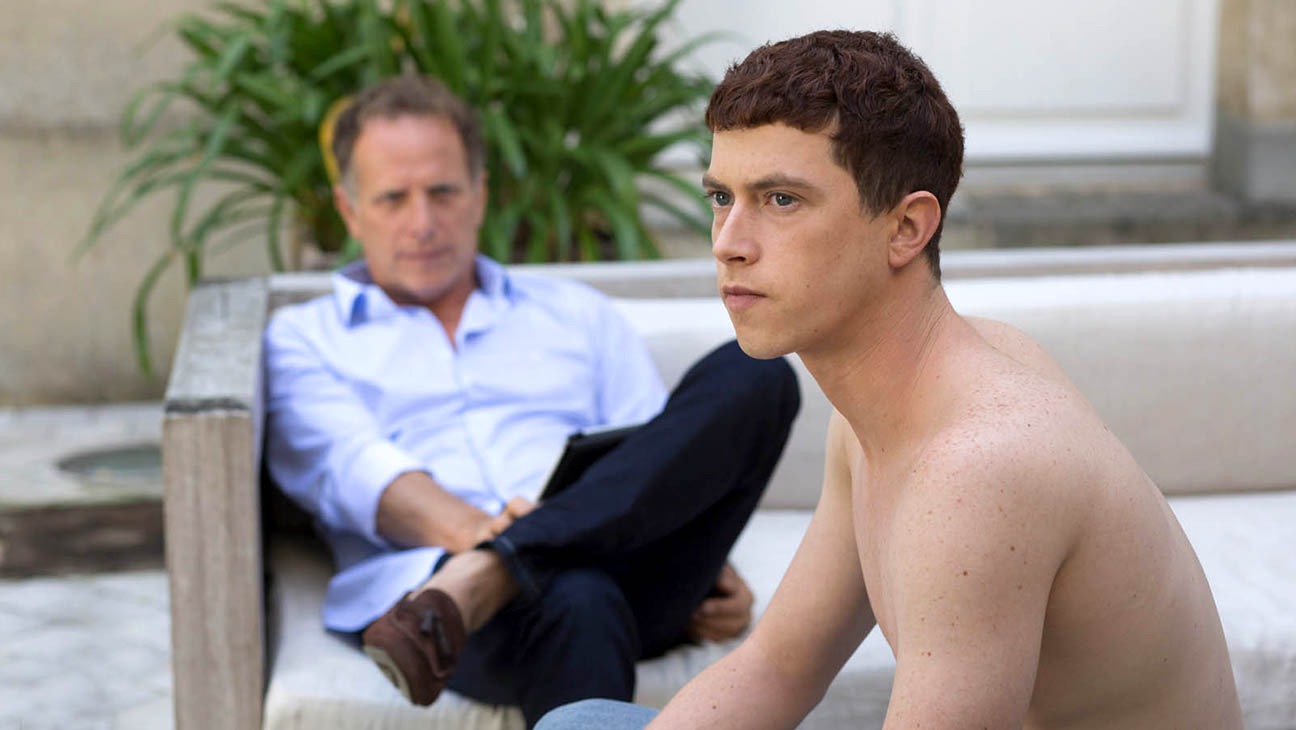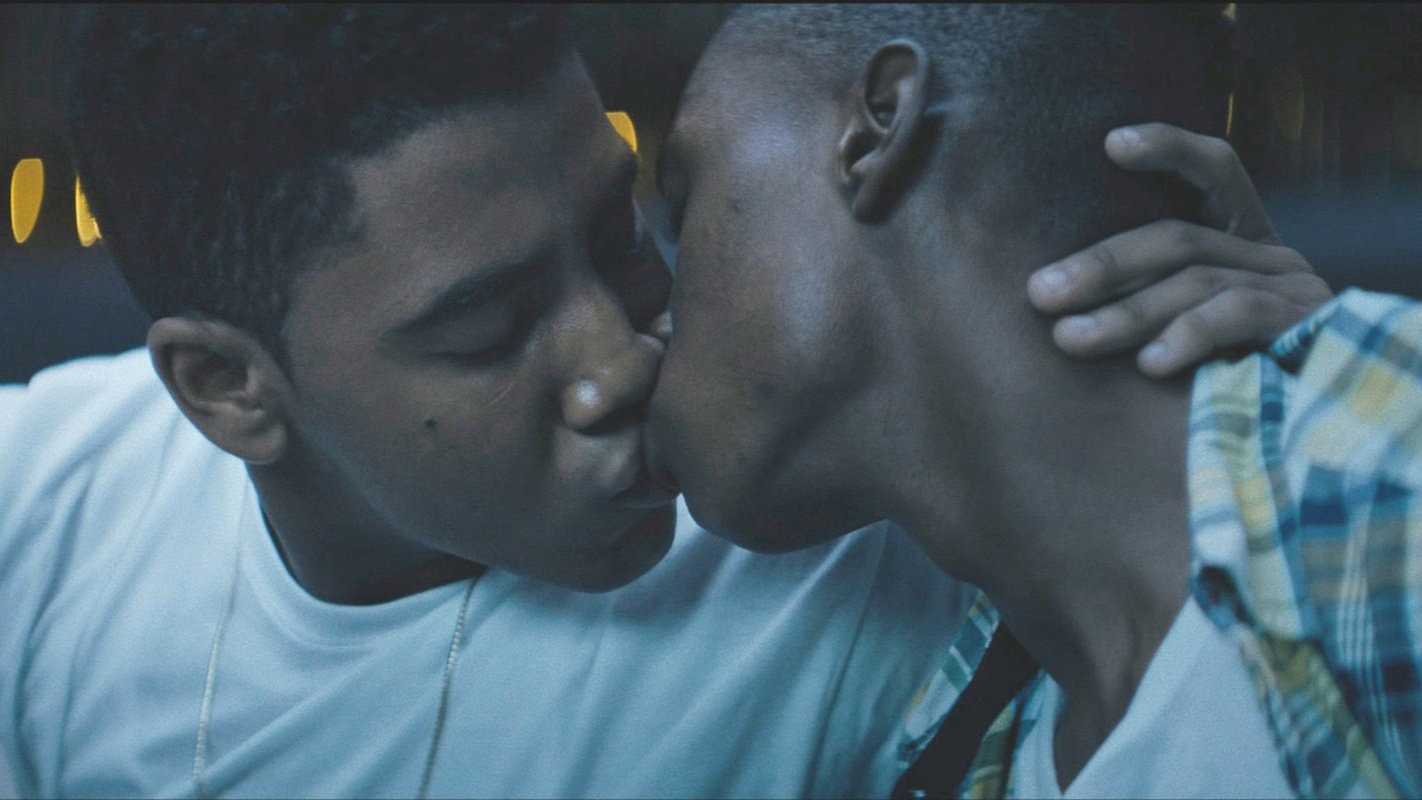Gay coming-of-age movies deal with young characters and their first forays into queer sex and intimacy. But what happens next?
Film critic Mark Kermode, in his Secrets of Cinema documentary series, dedicated a full episode to the coming-of-age genre. “That summer. That one last dance. That one last day of childhood before we had to grow up. How do you capture that moment forever?” he asks. Coming-of-age movies deal with the transition between childhood and adulthood, as the characters navigate their way through the murky waters of adolescence. Psychoanalyst Erik Erikson broke down human development into eight stages. The fifth stage, which occurs between the ages of 12 and 18, is known as “Identity vs. Role Confusion” — and it’s with these formative years that the coming-of-age tale is concerned. The characters in these films grapple with the conflict between who they are, and what society expects them to be, as they slowly find their place in the world.
LGBT cinema has, over the past few years in particular, forged a deep love affair with this genre. Love, Simon — like most coming-of-age movies — deals with a character on the cusp of something. As he prepares to go to college, Simon is outed online and starts to form a connection with an anonymous gay teen over email. It’s a film that deals with the anxieties of coming out in the age of social media, where the whoosh of an email or the ping of a message notification can give Simon a sucker punch of anxiety, before he finally comes to terms with his identity. Alex Strangelove, too, deals with the disorientating feeling of accepting one’s sexuality in a heteronormative world. Other films, such as Call Me By Your Name and Beach Rats, depict characters who embark on formative gay relationships for the first time. Some queer films – especially smaller releases at LGBT film festivals – have obviously pushed beyond the coming-of-age genre, but it’s hard to ignore that almost all of the mainstream LGBT releases of the past year work predominantly within this framework.

Two more movies, released in September, also follow this pattern. The Miseducation of Cameron Post, which won the Grand Prize at Sundance earlier this year, follows the story of Cameron, a teenage lesbian who gets sent to a gay conversion camp to cure her SSA (“same-sex attraction”). Hannah Woodhead, writing in Little White Lies, suggested that “while The Miseducation of Cameron Post is an important LGBT film, it also feels like a landmark addition to the coming-of-age canon”. Film critic Guy Lodge also speaks favourably of the film, suggesting that, even now, it feels refreshing to have an LGBT coming-of-age movie led by a queer woman, since “the overwhelming gender biases of the film industry at large have been unwittingly inherited by LGBT cinema”. Already, it seems like The Miseducation of Cameron Post will become a classic of the genre.
Reinventing Marvin, which won the Queer Lion at last year’s Venice Film Festival and will be released this month, is another example. In a series of flashbacks, the French drama documents the life of Marvin, who experiences homophobic bullying as a teenager and is now preparing to perform his one-man show. His painful coming-of-age in the past is healed by a cathartic creative process in the present. “I ran away and became someone else — that is, myself,” he says in the trailer. It’s a statement that rings true for all coming-of-age movies: they all, in one way or another, deal with the search for identity in youth.

However, looking at the past year’s most prominent queer films, or scrolling through the LGBT section on Netflix, is becoming tiresome. In remaining within the confines of this genre, recent LGBT films are offering a limited view of the queer experience. It’s hard to ignore that most of the films mentioned here — with the major exception being The Miseducation of Cameron Post — are led by white, male and cisnormative characters. What’s more, the nature of the coming-of-age genre means that stories from middle-aged and elderly LGBT people are pushed aside.
Gay coming-of-age movies mostly deal with young characters and their first, heart-fluttering forays into queer sex and intimacy. Sexuality is suppressed and, by the final act, the protagonists have made their first tentative steps into acting upon their desires. But what happens next? Recently, there have been very few films that move beyond this and explore the queer experience after these formative experiences. After its premiere at the Berlin Film Festival 2018, The Heiress was released in the UK earlier this summer. It deals with older female characters in a same-sex relationship in a nuanced and complex way, but it feels like an exception to the rule.

In the past, LGBT films with older characters have been critically successful. In 2011, Beginners earned Christopher Plummer an Oscar (he was the oldest actor to ever win the award, aged 82). Love Is Strange, released in 2014, follows two elderly gay men and has a 93% rating on Rotten Tomatoes. The biggest success story in this subgenre, however, is The Kids Are All Right, starring Annette Bening and Julianne Moore. After initially releasing the film in only seven theatres, the distribution company expanded its reach to 847 theatres. As a result, the film became a commercial hit and earned four Oscar nominations. However, with the current market being saturated by the coming-of-age tales led by baby-faced twinks experimenting with peaches, these stories have dried up.
This trend isn’t just exclusionary in terms of the identities we see onscreen; it also limits the genres that LGBT characters exist in. Surprisingly, horror films are placing more LGBT characters at the centre of their narratives. Thelma, released last year, is a supernatural horror movie about an adolescent lesbian. What Keeps You Alive, which is rumoured for release soon, follows a lesbian couple on their anniversary in a cabin in the woods, where murder and survival ensue. Yet, elsewhere, genre films are lacking in LGBT characters. Where are the queer action, thriller, and sci-fi movies? Recent attempts to queer these genres have been accused of queerbaiting. When Jack Whitehall was cast in Disney’s adventure movie Jungle Cruise he received harsh backlash. The revelation from writer Jonathan Kasdan that Donald Glover’s character in Solo: A Star Wars Story is pansexual, too, was a pathetic attempt at inclusion.

TV has provided more fertile ground for LGBT characters. The Wachowski’s Sense 8, which follows a group of people with telekinetic powers, was groundbreaking in its inclusion of characters across various races, genders and sexualities. Other examples that come to mind include Star Trek: Discovery, Brooklyn Nine-Nine, The 100, and Jessica Jones. In the US, Killing Eve flipped the espionage thriller on its head: both the James Bond character and the elusive nemesis were played by queer women, who form an emotional – and sexual – bond. The series will be broadcast on BBC One later this year. With the wealth of great mainstream LGBT TV shows, which operate across various genres, the dominance of the gay coming-of-age movie feels stale in comparison.
I’m bored of gay coming-of-age movies, but I’m still grateful for the legacies that these films have left. The awards success of Moonlight and Call Me By Your Name has cemented the status of queer cinema in popular culture. GLAAD found that only 12.8% of films in 2017 included LGBT characters, which is a decline from previous years, so to see these movies succeed is still a positive sign. But only until LGBT cinema explores the entire queer experience, from childhood to adulthood and old age, and pushes the boundaries of genre, will it truly escape its adolescence. Mainstream queer cinema, it seems, is still coming-of-age.
The Miseducation of Cameron Post will be released 7th September and Reinventing Marvin the following week on 14 th September in the UK.
i-D by Liam Taft




